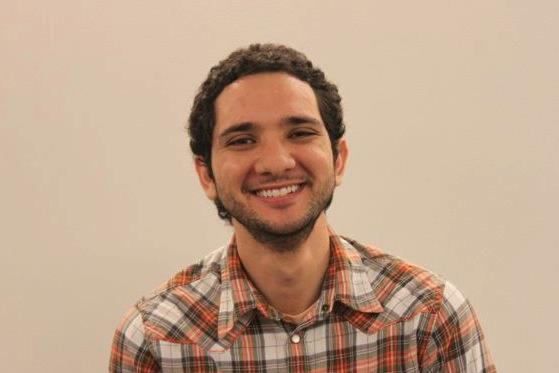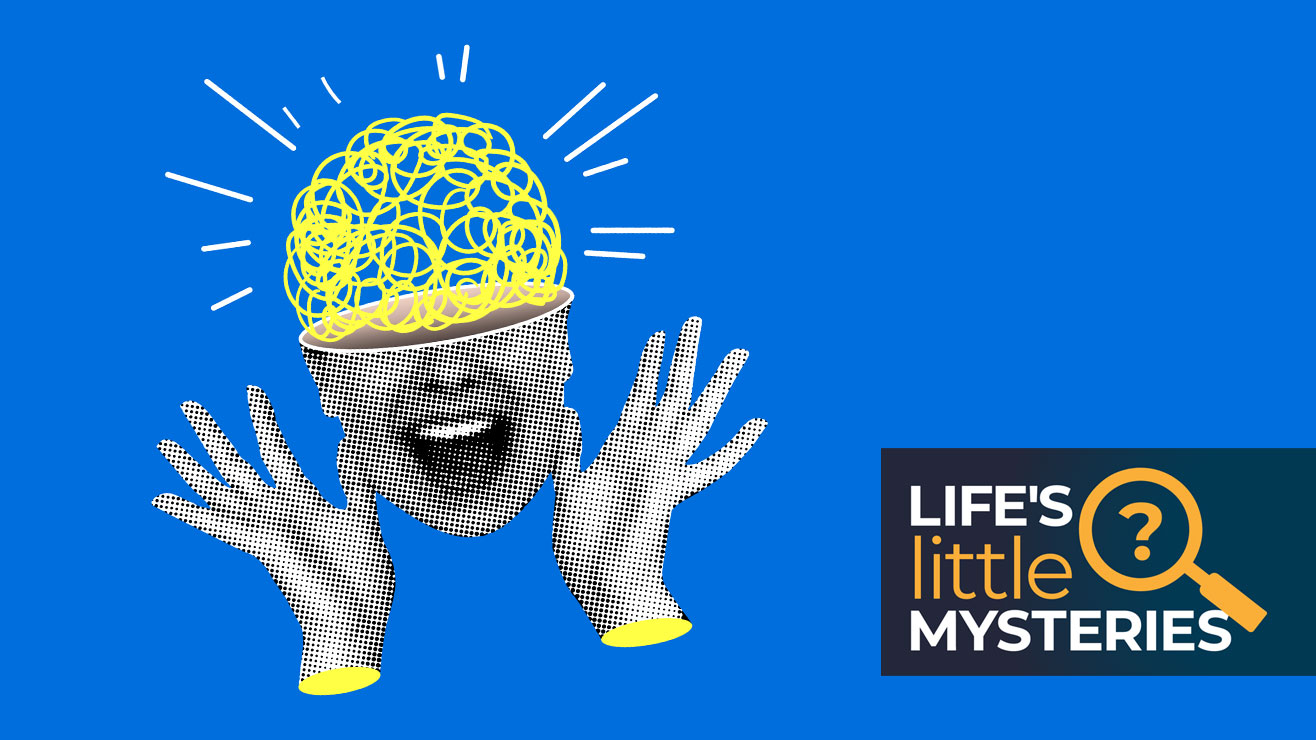Why Do People 'Twitch' When Falling Asleep?
The phenomenon is so named in reference to the hypnagogic state — the transitional period between wakefulness and sleep. Hypnagogic jerks, are also commonly known as hypnic jerks or sleep starts.
The muscle spasms may occur spontaneously or may be induced by sound, light or other external stimuli. Some people report hypnic jerks accompanied by hallucinations, dreams, the sensation of falling, or bright lights or loud noises coming from inside the head. [Why Do People Talk In Their Sleep? ]
Sleep starts are quite common, with some research suggesting that 60 to 70 percent of people experience them. Many individuals may be visited by nightly hypnic jerks without even knowing it, as the twitches often go unremembered, particularly if they don't cause a person to wake up.
Some scientists believe certain factors, such as stress, anxiety, fatigue, caffeine and sleep deprivation, may increase the frequency or severity of hypnic jerks, but conclusive research is lacking on the subject. Intense physical activity or exercise in the evening may also contribute to increased hypnic jerks, said Michelle Drerup, a psychologist and behavioral sleep medicine specialist at the Cleveland Clinic's Sleep Disorders Center in Ohio.
Researchers are also unsure why hypnic jerks occur, but a few theories exist.
One hypothesis says that hypnic jerks are a natural part of the body's transition from alertness to sleep, and occur when nerves "misfire" during the process.
Another popular idea takes a more evolutionary approach to hypnic jerks, explaining that the spasms are an ancient primate reflex to the relaxation of muscles during the onset of sleep — the brain essentially misinterprets the relaxation as a sign that the sleeping primate is falling out of a tree, and causes the muscles to quickly react.
Get the world’s most fascinating discoveries delivered straight to your inbox.
"More often than not, hypnic jerks are completely normal and nothing to be concerned about," Drerup told Live Science. "However, if the jerks themselves, or the anxiety you experience about having them, are significantly disrupting your sleep, you should talk to a sleep specialist about your concerns."
This article was originally published in 2013. Additional reporting by Senior Writer Laura Geggel. Original article on Live Science.




